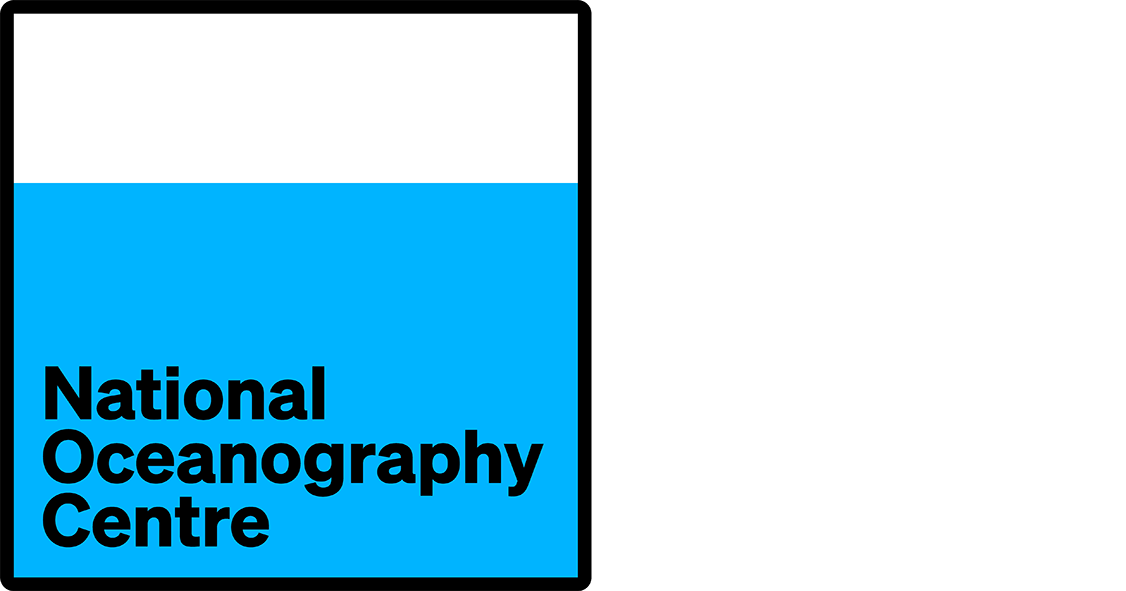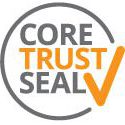DIMES Data Policy
Data management arrangements for the Diapycnal and Isopycnal Mixing Experiment in the Southern Ocean (DIMES) consortium programme (NERC Reference: NE/E006663/1) are expected to:
- Encourage dissemination of scientific results
- Protect the rights of the individual scientists
- Treat all the involved researchers equitably
- Ensure the quality of the data in the NOCS data archive
Data collected within NERC funded research at NOC will comply with NERC's policy on data management. The main objective of this policy is to ensure that the data will contribute to a key NERC resource. Data will continue to be exploited both scientifically and commercially long after the formal end of the programme. The management of the data collected during NOC research will be the responsibility of the relevant NERC Designated Data Centres (e.g. BODC).
Data access policy
The following data policy framework applies to DIMES. It is subject to lead investigator or steering committee overview. The data policy will apply to all research grants, studentships and contracts funded through DIMES.
- Data 1 should be lodged with the BODC, together with such metadata as are defined by BODC (see http://www.bodc.ac.uk/data/data_submission/), ideally within six months of acquisition 2
- Data will be made immediately available by the BODC to the DIMES community, then publicly available after three years 3 . Exceptions are made for Climate Variability and Predictability (CLIVAR) and studentship related data (see below).
- In the case of PhD students supported by DIMES, data central to the student's study will not generally be released by the BODC for the duration of the studentship. This is nominally four years from acquisition after which the data will become publicly available. Extension to the embargo period must be agreed between the Data Centre, the DIMES Science Coordinator and the student's supervisor. These rules do not imply that the student has exclusive rights to DIMES data.
- In the case of data destined for public access data assembly centers, e.g. CLIVAR, these will be not be embargoed and will be made publicly available from both the data assembly centre and BODC.
- Any corrections, improvements or amendments to data must be lodged with the data centre as soon as possible.
- PIs making use of project data are responsible for ensuring that the data used in publications are the best available at the time.
- During the time when data are restricted from the public domain, no data will be transferred to parties outside the project without the explicit agreement of the originator. In addition, guidance will need to be sought from the project Principal Investigator, Science Coordinator or Steering Committee if major data transfers are involved. This avoids compromising the interests of other project participants.
- In the event of dispute, the final decision rests with the project Princaipal Investigator, Science Coordinator or Steering Committee.
- PIs and/or co-workers failing to comply with the data policy would be subject to appropriate sanctions.
- 1 Data must be final version i.e. calibrated, quality controlled and in a state ready for use by other researchers. It is not sufficient to supply raw or partially processed data that may be superseded.
- 2 Acquisition for data generated on a cruise the date of the end of the cruise. For moorings acquisition is the date of recovery and for post cruise sample analysis acquisition is the date of the processing.
- 3 3 year restriction period is relative to the date of acquisition.

